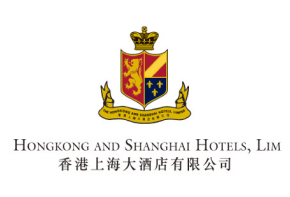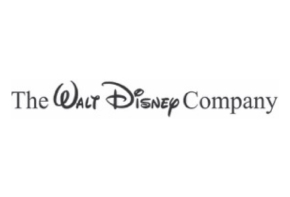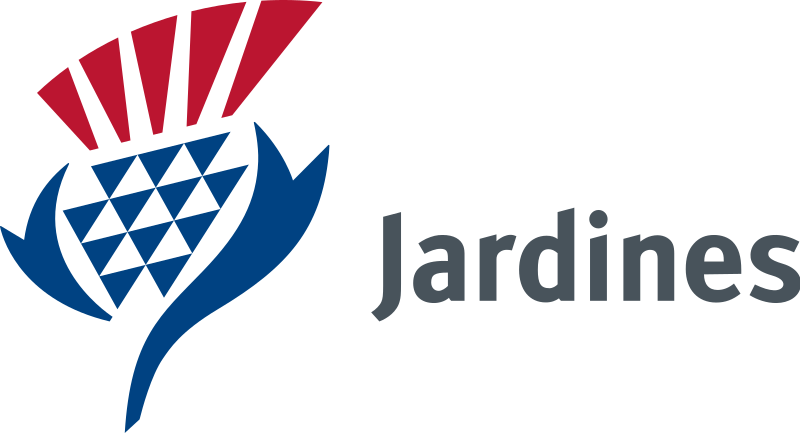Tackle Modern Slavery in the Mining Industry
Mining is one of the most at-risk sectors of modern slavery. Mining activities are dangerous and carried out in countries in conflict or rife with corruption. They are characterised by systemic child labour, poor and hazardous working conditions.
Companies can join our community to benefit from anti-slavery toolkits, consultations and support in developing ethical practices.
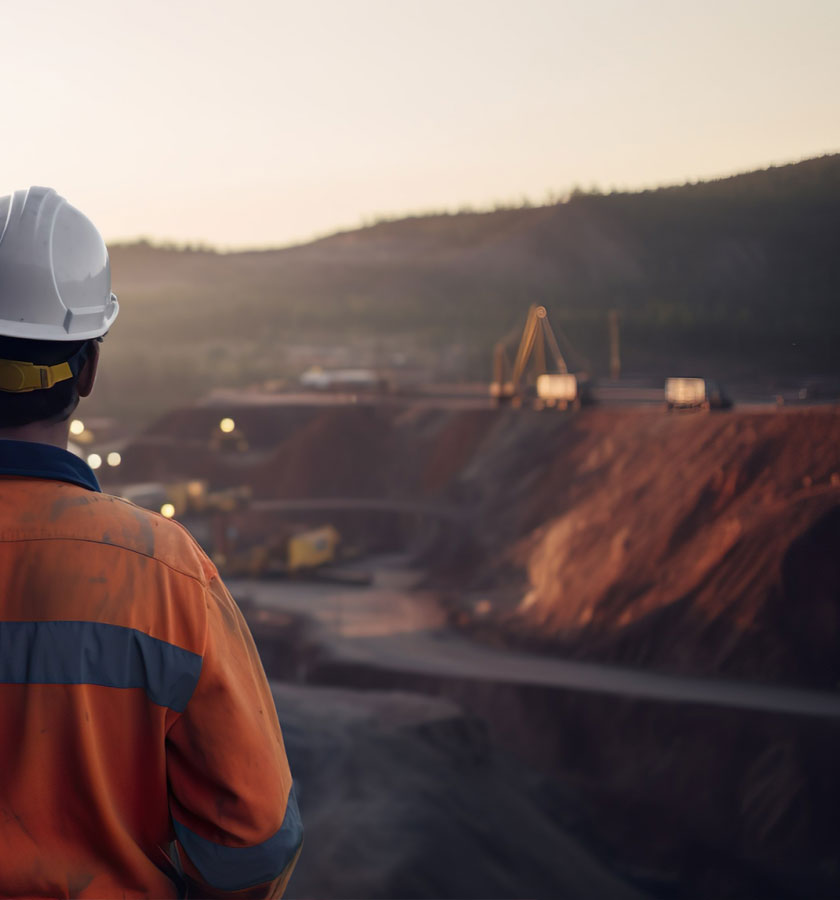
Work With Mekong Club to Make a Difference
-
1
Access to industry expertise and best practices
-
2
Collaborate with a global network of professionals
-
3
Reduce the risk of modern slavery in your business through training
-
4
Exceed ethical and sustainability targets
-
5
Become a leader in anti-slavery
Mekong Club Members
Precious metals, unseen misery: modern slavery’s impact on miners
The global demand for metals has driven an industry that can be lucrative and perilous. Beyond the glimmer of these valuable resources is a troubling reality – modern slavery’s presence in the mining sector.
Miners work in cramped tunnels without ventilation. Exposure to toxic chemicals, inadequate safety measures and collapse risks are a daily part of their lives. Vulnerable migrant workers and children are forced into the mines against their will. Victims of debt bondage, individuals are constantly working to pay off debts from their exploiters.
Extracting precious metals can lead to deforestation, water pollution and habitat destruction which can cause social disintegration in communities.
Mekong Club has developed an assessment to deep dive into your anti-slavery practices. Find out how you score in your anti-slavery strategies against industry standards through our confidential self-assessment.
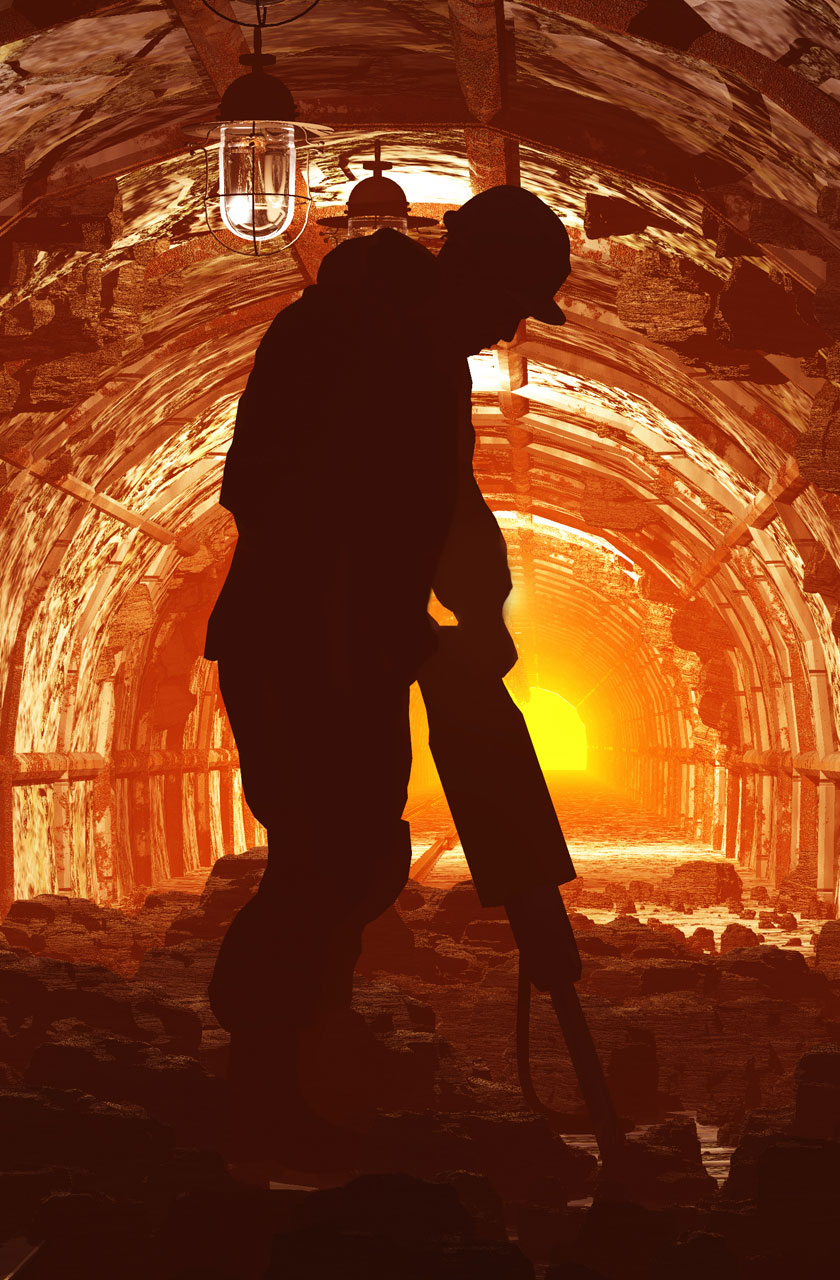
Digging Deeper: Modern Slavery’s Unseen Consequences in the Mines
There are many challenges that the mining industry must address to tackle modern slavery. Some of the main obstacles are:
1. Remote and isolated work environments
Mining operations are located in isolated areas, so it’s difficult to monitor and regulate working conditions. Exploitation is facilitated as there are no law enforcement agencies and employee support networks nearby.
2. High demand for low-cost labour
The mining industry seeks low-cost labour to maximise profits. This leads to exploiting vulnerable workers from impoverished areas or marginalised communities who are willing to work under harsh conditions for meagre wages.
3. Complex supply chains
The mining sector has complex supply chains with multiple intermediaries, making it difficult to trace the origin of minerals and metals. Therefore, the risk of modern slavery in the extraction and processing stages is increased.
4. Lack of transparency and reporting
Some mining companies don’t disclose information about their labour practices, making it challenging for consumers, investors, and regulatory bodies to assess the presence of modern slavery in their supply chains. This lack of transparency hinders efforts to address the issue effectively.
5. Inadequate legal protections
In certain regions, miners have limited legal protections, allowing unscrupulous employers to exploit them without repercussions. Weak or poorly enforced labour laws, corruption, and limited access to justice for victims can exacerbate the problem.
Mekong Club has free tools and resources to help you address these challenges and exclusive tools for members.
Solutions to end modern slavery
Modern slavery has physical and psychological consequences for workers and drains the economy. It must be put to an end.
Whether your company uses mined materials in products or is involved in extracting ores, modern slavery should be at the forefront of businesses. Getting actively involved in tackling these issues will enhance your brand reputation and boost stakeholder confidence.
The Mekong Club can help you become more responsible in your practices. Become a member today.
Latest News & Events
FAQs
-
Why does modern slavery go undetected in the mining sector?
-
How do you assess modern slavery?
-
How can we assess the impact of our anti-slavery initiatives?
-
How much does it cost to become a member of the Mekong Club?
-
How often will I hear from the Mekong Club?

